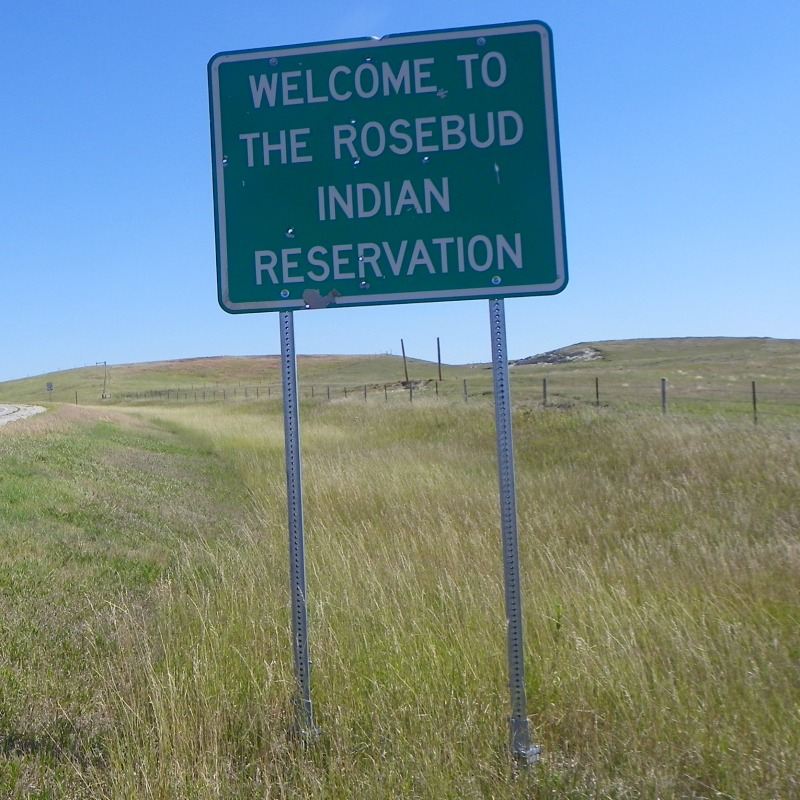BOB GARFIELD: Two years ago, NPR aired a heartbreaking series on government failures in child welfare on South Dakota Indian reservations. Reporter Laura Sullivan's stories on All Things Considered specifically concerned the removal of Native American children from their families and placement in foster care in white homes. Over the course of three broadcasts, listeners were painted a picture of a state bureaucracy acting unlawfully and cruelly for the most venal of motives: federal dollars.
[ALL THINGS CONSIDERED CLIPS]:
LAURA SULLIVAN: Every time a state puts a child in foster care, the federal government sends money. Because South Dakota is poor, it sends lots of money.
FORMER SENATOR BILL NAPOLI: Kids being taken out of families, families are being disrupted because the money was there.
PETER LENGKEEK [CROW CREEK COUNCIL MEMBER]: I couldn’t imagine what they tell these kids about where they come from and who they are. It’s kidnapping.
[END CLIPS]
BOB GARFIELD: Kidnapping! That’s a provocative characterization, and the State of South Dakota was duly provoked. Dollar amounts were exaggerated, they complained, and statistics cited out of context. The role of the tribes themselves in foster placements was all but ignored, they said, as was the critical shortage of Native American families qualified and willing to accept foster children. Each placement of a child did not enrich the state, they said, but rather cost it money. And, most of all, they said, the series gave short shrift to the overwhelming reality of child neglect stemming from poverty’s grimmest pathologies.
The complaints got the attention of NPR's Ombudsman, Edward Schumacher-Matos, who spent a year and a half investigating them. His 80-page report released this month was withering. He found errors in fact, one-sided reporting and devastating but poorly contextualized personal testimony, leading listeners to only one conclusion: systemic failure based on cultural insensitivity and greed. Here he was Monday, speaking with NPR's Media Reporter David Folkenflik on All Things Considered.
[CLIP]:
EDWARD SCHUMACHER-MATOS: It added up to a deeply flawed report that shouldn’t have aired as it was.
[END CLIP]
BOB GARFIELD: Schumacher-Matos, reporter Laura Sullivan and NPR news management all declined interview requests from On the Media. In a prepared statement, NPR's Chief Content Officer Kinsey Wilson and Senior Vice President for News Margaret Low Smith acknowledged some flaws with the series, but they criticized Schumacher-Matos in terms strikingly similar to his own. Quote, “Overall, the process surrounding the ombudsman's inquiry was unorthodox, the sourcing selective, the fact-gathering uneven, and many of the conclusions, in our judgment, subjective or without foundation. For that reason, we’ve concluded there is little to be gained from a point-by-point response to his claims.”
Wrong answer. When a national news organization invites listeners to believe a government is kidnapping children and the audience’s representative cites eye-popping specifics, “agree to disagree” is an evasion of responsibility. In the face of the Ombudsman's allegations, nothing less than point-by-point response will do.
[MUSIC UP & UNDER]
